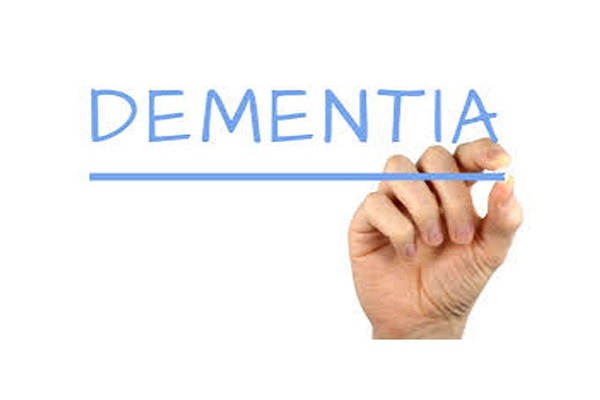
Washington: Social lifestyle determinants, including social isolation, are associated with neurodegeneration risk factors, according to a new study published in the open-access journal PLOS ONE by Kimia Shafighi of McGill University, Canada, and colleagues.
Alzheimer's disease and related dementias (ADRD) is a growing public health crisis, with an annual global cost of more than $1 trillion US. There has been increasing evidence that social isolation is associated with an increased risk of ADRD, but the links between social lifestyle and other known ADRD risk factors are less well understood.
In the new work, the researchers studied data on 502,506 UK Biobank participants and 30,097 people enrolled in the Canadian Longitudinal Study of Aging. Both studies had questionnaires that included questions about loneliness, frequency of social interaction and social support.
The study found a large array of associations between potentially modifiable ADRD risk factors and both loneliness and lack of social support. Individuals who smoked more, excessively drank alcohol, experienced sleep disturbances, and failed to frequently participate in light to vigorous physical activities -- all known risk factors for ADRD -- had greater odds of being lonely and lacking social support. For instance, in the CLSA, increased regular participation in physical exercise with other people was associated with a 20.1% decrease in the odds of feeling lonely and 26.9% decrease in having poor social support.
Physical and mental health factors previously linked to ADRD, such as cardiovascular disease, vision or hearing impairment, diabetes and neurotic and depressive behaviours, were also associated with both subjective and objective social isolation. In the UKBB, for instance, difficulty to hear with background noise corresponded to a 29.0% increase in the odds of feeling lonely and a 9.86% increase in the odds of lacking social support. The odds of feeling lonely and lacking social support were also 3.7 and 1.4 times greater, respectively, as a function of a participant's score for neuroticism.
The authors conclude that social isolation, which can be modified more easily than genetic or underlying health risk factors, might be a promising target for preventive clinical action and policy interventions.
The authors add: "Given the uncertain impact of social distancing measures imposed by COVID-19, our findings underscore the importance of investigating the multiscale effect of social isolation to inform public health interventions for ADRD." (ANI)







